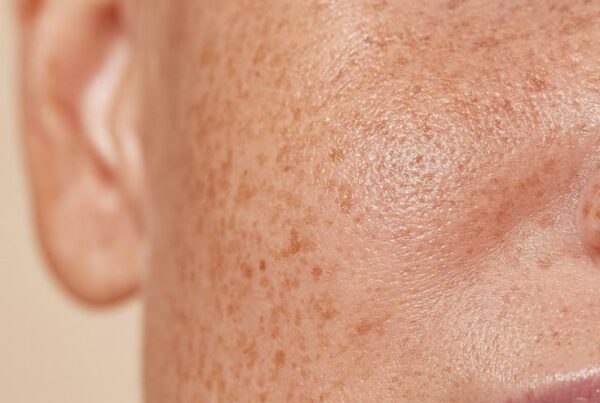It is surprising how simple oral problems can exacerbate other health issues and impact the quality of your life. For instance, misaligned or crooked teeth can affect your speech or pronunciations while gum diseases can be the underlying cause of other health conditions like such as diabetes. Orthodontic treatments can help you address these oral health problems and achieve not just oral hygiene but overall wellbeing. From using different types of braces for fixing crooked teeth to diagnosing periodontal disease at an early stage, the usefulness of orthodontics cannot be undermined.
Which Health Aspects Can Benefit From Orthodontic Treatment?
More and more people are getting orthodontic treatments, including braces and aligners to better align their crooked teeth. Straight teeth don’t just improve your smile and appearance but have a host of other health benefits too. Here are some of the ways braces can help you improve your oral and overall health:
1. Manage oral hygiene
Crooked teeth make flossing and brushing difficult which results in food getting trapped. The trapped food particles lead to cavities, plaque and tartar buildup which cause several health issues and bad breath. Good teeth alignment makes brushing effective and less buildup of plaque reduces the risk of cavities.
2. Reduce risk of other diseases
Poor dental health has been linked to a number of health problems including diabetes, complications during pregnancy and heart disease. Bacteria from the mouth can move to the bloodstream and lower the immunity of your body. Gum diseases can be the underlying cause of diabetes, pre-term birth issues in women and other health problems. Aligning crooked teeth with braces can help address and prevent gum disease and other oral health issues to promote overall health.
3. Prevent shoulder and neck pain
Misaligned teeth can often cause strain to the jaws. Your neck and shoulders are close to your jaw bones and hence any discomfort or strain in the jaws can pass on to the neck and shoulder region. Fixing the misaligned crooked teeth with orthodontic treatments or braces, will relieve the jaw strain and thereby the neck and shoulder pain can be prevented or relieved.
4. Reduce headaches
Misaligned or crooked teeth often lead to teeth grinding or a bad bite. Teeth grinding is a common problem that leads to tension in the jaws, muscles and tendons which can cause headaches. An orthodontist can help resolve this issue by treating the jaw or fixing your misaligned crooked teeth with braces, aligners or even orthodontic surgery in certain cases.
5. Improve quality of sleep
A misaligned jaw can aggravate oral health conditions like sleep apnea. Teeth grinding at night can disrupt sleep too. Your orthodontist may suggest a treatment for sleep apnea that can be a remedy to the sleep issues but if you have misaligned jaws, using braces can prevent the aforesaid issues and improve your quality of sleep.
6. Prevent TMJ
TMJ syndrome is the misalignment of the joint between your jaw and the skull. Teeth grinding or crooked teeth can affect the TMJ and its alignment. Your orthodontist can help relax the muscles and tendons around this area for bringing it back to its natural position.
7. Relief from Sinus
The sinuses and your mouth are like neighbours. Any issue with the mouth, especially the jaw structure or even small issues with oral health can constrict the air ways. With the right orthodontic treatment, your doctor can adjust the structure of your mouth and jaw to open up the constricted air ways and relieve the discomfort caused by sinus.
8. Improve your self-esteem
Your smile is the biggest asset and crooked teeth can hamper it. It can have a negative impact on your self-confidence. With the help of orthodontic treatments or use of braces and aligners you can get the picture-perfect smile and improve your self-esteem along with a heightened sense of well-being.
Fixing crooked and misaligned teeth offers much more than just improving your appearance. It is important to visit a good orthodontist and undergo orthodontic procedures when necessary to remedy the misalignment of your teeth and jaw. This will ensure that along with getting a beautiful smile that can enhance our self-esteem, you will also safeguard yourself to ensure your overall health and well-being.
Who is the author?
Dr. Satish Pai – an Ivy League trained dentist and a faculty at Columbia University, believes that a perfect smile not only makes a person look great but feel great while boosting confidence. As the founder of Putnam Orthodontics, he is dedicated to not only creating perfect smiles for his patients but also educating people with his engaging articles about all things related to a perfect smile and oral health. Spending time with his family always brings a smile on his face. In his free time, you can find him golfing, doing yoga or surfing.



![women [longevity live]](https://longevitylive.com/wp-content/uploads/2020/01/photo-of-women-walking-down-the-street-1116984-100x100.jpg)











Very informative